DevSecOps Guides - DevSecOps Expertise and Tools
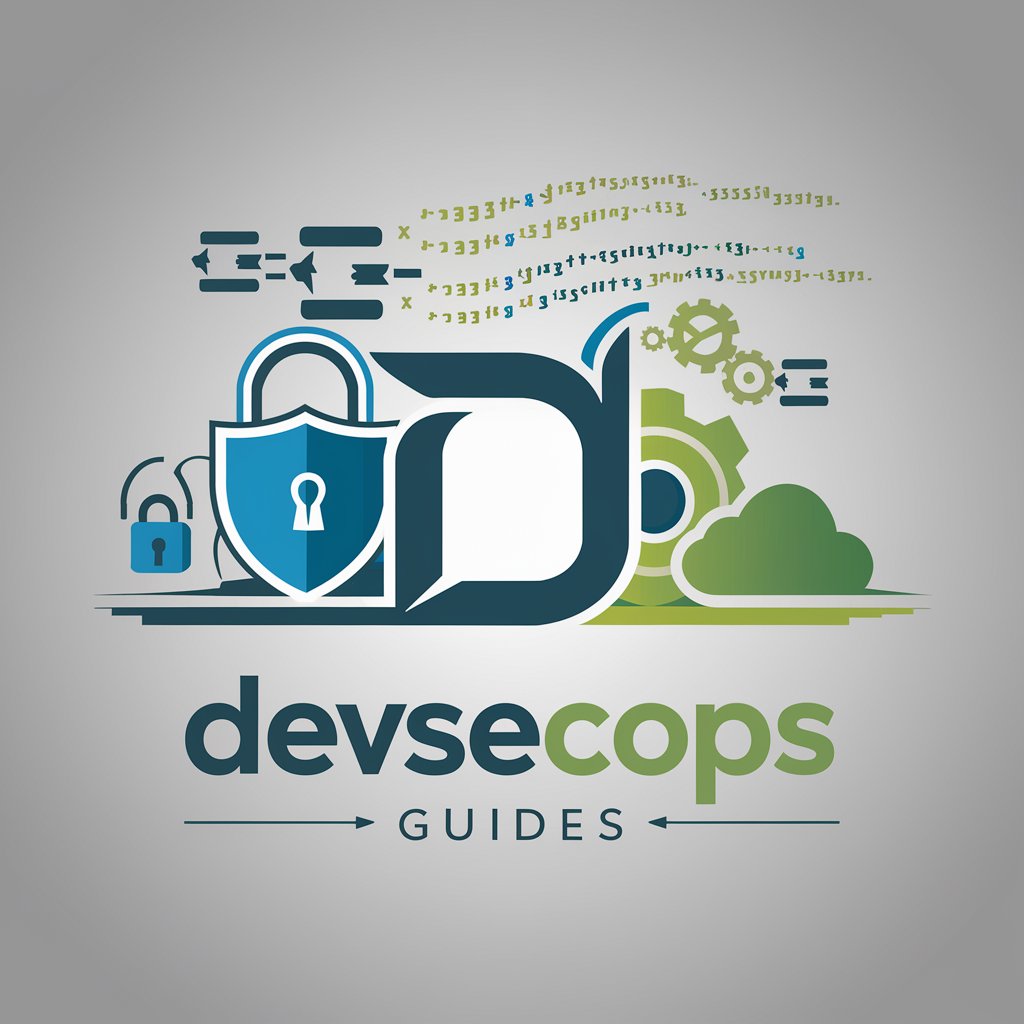
Welcome to DevSecOps Guides, your source for secure and efficient development insights.
Empowering DevOps with AI-Driven Security
Explain how DevSecOps integrates security into the development lifecycle.
What are the best practices for automating security in CI/CD pipelines?
How does a DevSecOps approach improve overall software quality?
Discuss the challenges and solutions in implementing DevSecOps in large organizations.
Get Embed Code
Overview of DevSecOps Guides
DevSecOps Guides is a specialized AI tool designed to provide comprehensive guidance and support in the integration of development, security, and operations within IT projects. It is tailored to assist in implementing DevSecOps practices, a methodology that integrates security measures more deeply into the development process. This tool offers expert advice on various aspects of DevSecOps, including continuous integration/continuous deployment (CI/CD), automated security testing, compliance monitoring, and incident response. For instance, in a scenario where a software development team is struggling with embedding security in their CI/CD pipeline, DevSecOps Guides can offer step-by-step guidance on integrating security tools, setting up automated security scans, and ensuring continuous compliance with regulatory standards. Powered by ChatGPT-4o。

Core Functions of DevSecOps Guides
Guidance on CI/CD Pipeline Security Integration
Example
Providing a roadmap for incorporating security tools like static and dynamic code analysis into the CI/CD pipeline.
Scenario
A development team is implementing a new CI/CD pipeline and needs to ensure that security is integrated from the onset. DevSecOps Guides can offer specific recommendations on tools and practices to embed security checks within each stage of the pipeline.
Automated Security Testing and Compliance Monitoring
Example
Offering strategies for automating security tests and compliance checks within the development lifecycle.
Scenario
An organization needs to maintain compliance with GDPR during software development. DevSecOps Guides provides a framework for automating GDPR compliance checks, reducing the risk of data breaches and non-compliance penalties.
Incident Response and Threat Management
Example
Advising on setting up efficient incident response protocols and threat management strategies.
Scenario
In the event of a security breach, a company can use DevSecOps Guides to quickly formulate an effective response strategy, minimizing the impact of the breach and identifying areas for improvement to prevent future incidents.
Target User Groups for DevSecOps Guides
Software Development Teams
Teams looking to integrate security into their development practices would find DevSecOps Guides invaluable for adopting a security-first mindset, ensuring that security is not an afterthought but a fundamental aspect of the development process.
IT Security Professionals
Security experts who are part of or work alongside development teams will find the tool useful for imparting security knowledge and practices, helping bridge the gap between development and security.
Compliance Officers
For those responsible for ensuring that software meets regulatory and compliance standards, DevSecOps Guides provide comprehensive resources to understand, monitor, and implement compliance requirements effectively within the development lifecycle.

Guidelines for Using DevSecOps Guides
Start Your Trial
Begin by visiting yeschat.ai to access a free trial of DevSecOps Guides without the need for logging in or subscribing to ChatGPT Plus.
Explore the Interface
Familiarize yourself with the user interface to understand the various features and tools available. This may include browsing through pre-existing guides, accessing tutorial sections, or exploring interactive elements.
Identify Your Needs
Determine your specific requirements or areas where you seek assistance, such as developing secure code, integrating security practices in DevOps, or understanding compliance regulations.
Engage with the Guides
Utilize the guides by asking specific questions related to DevSecOps, following step-by-step tutorials, or using templates and checklists provided for common DevSecOps tasks.
Apply and Iterate
Apply the knowledge and strategies obtained from the guides in your real-world projects. Use the feedback and results to iterate and refine your DevSecOps practices.
Try other advanced and practical GPTs
Blue Team Guide
Your Expert Guide in AI-Powered Insights
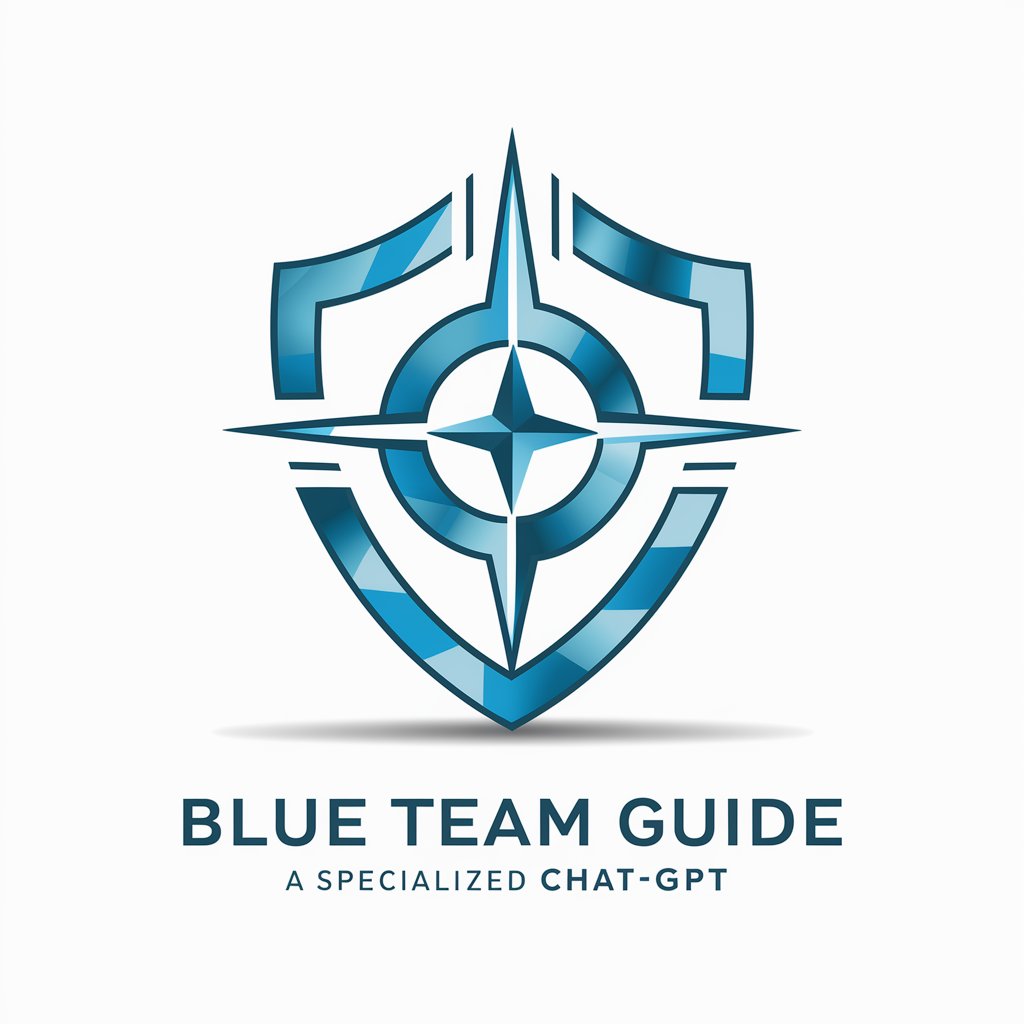
社交头像
Transforming Profiles with AI-Powered Avatars
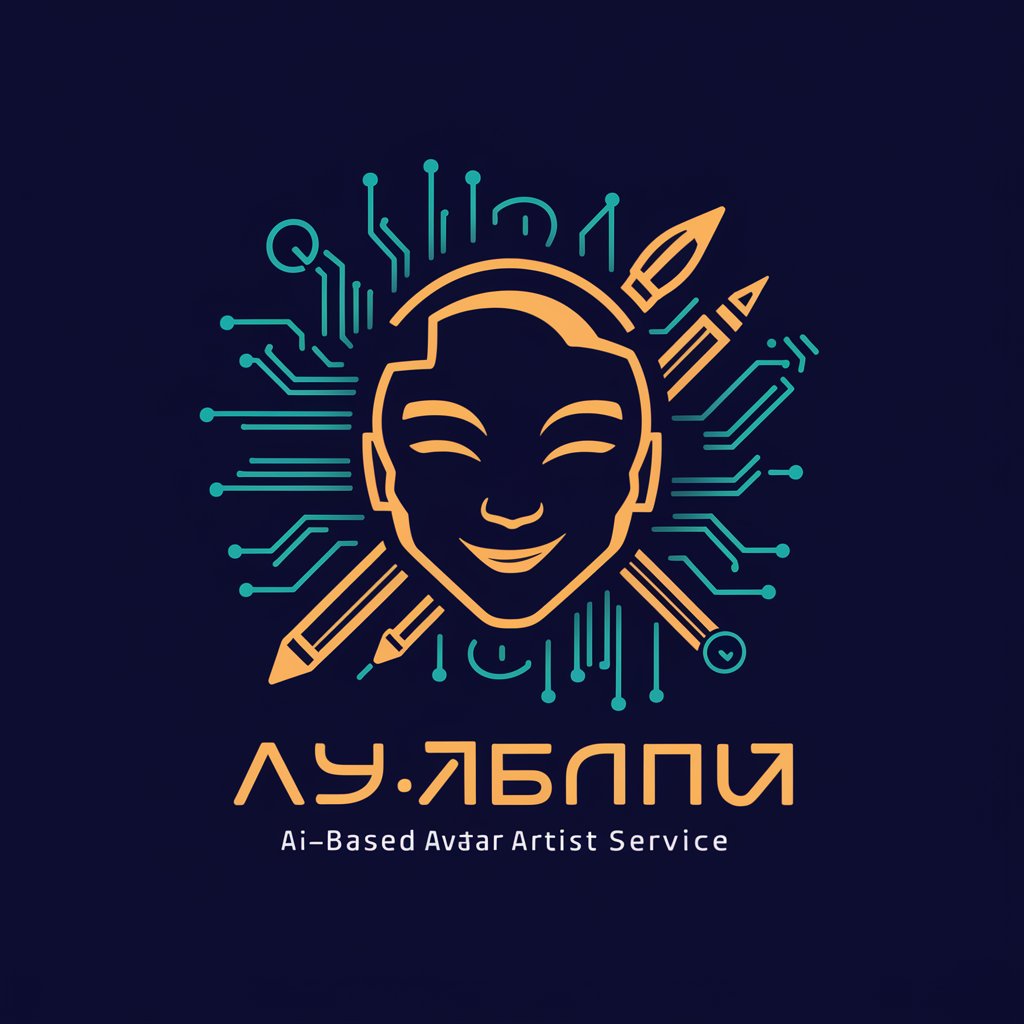
Cityscape Artist
Craft Your Dream Cityscape with AI

Idea To Code GPT
Your AI-Powered Python Coding Companion
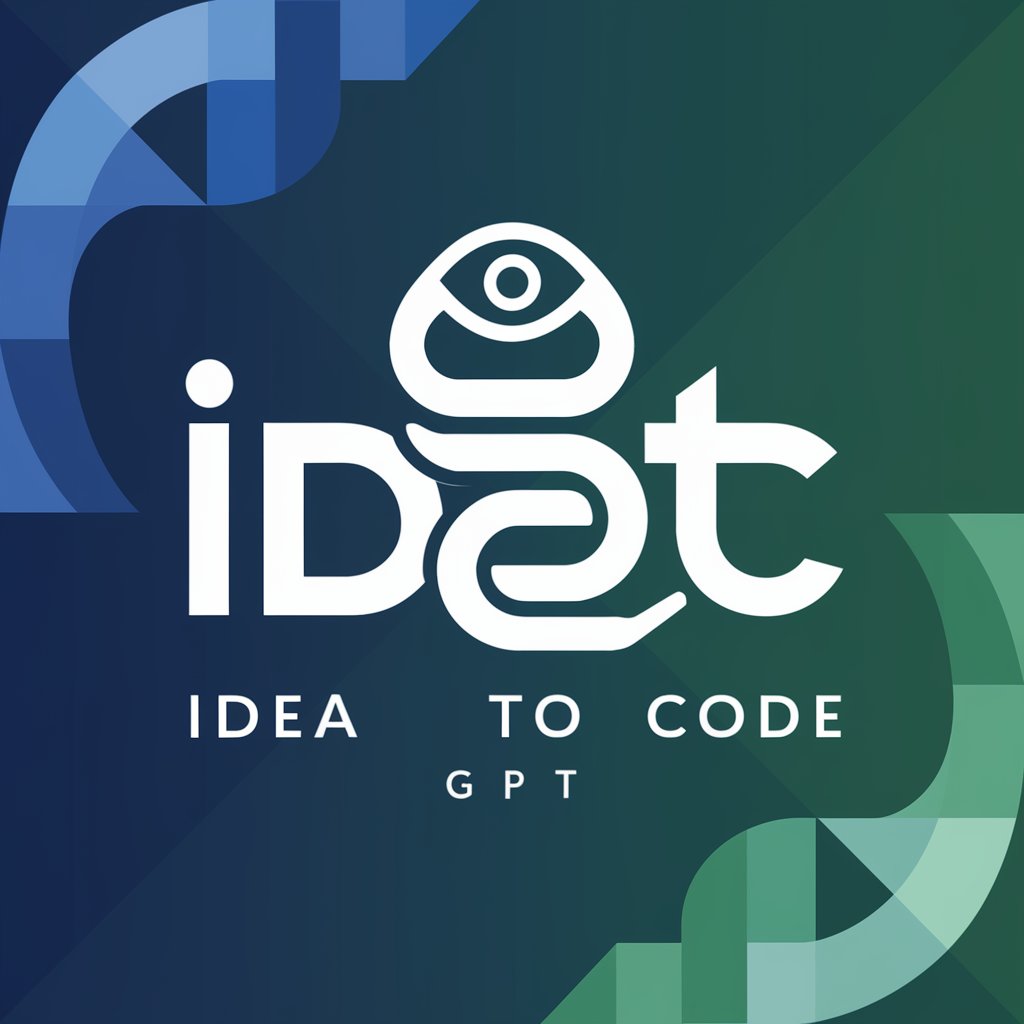
ConvertGPT
Transform files effortlessly with AI
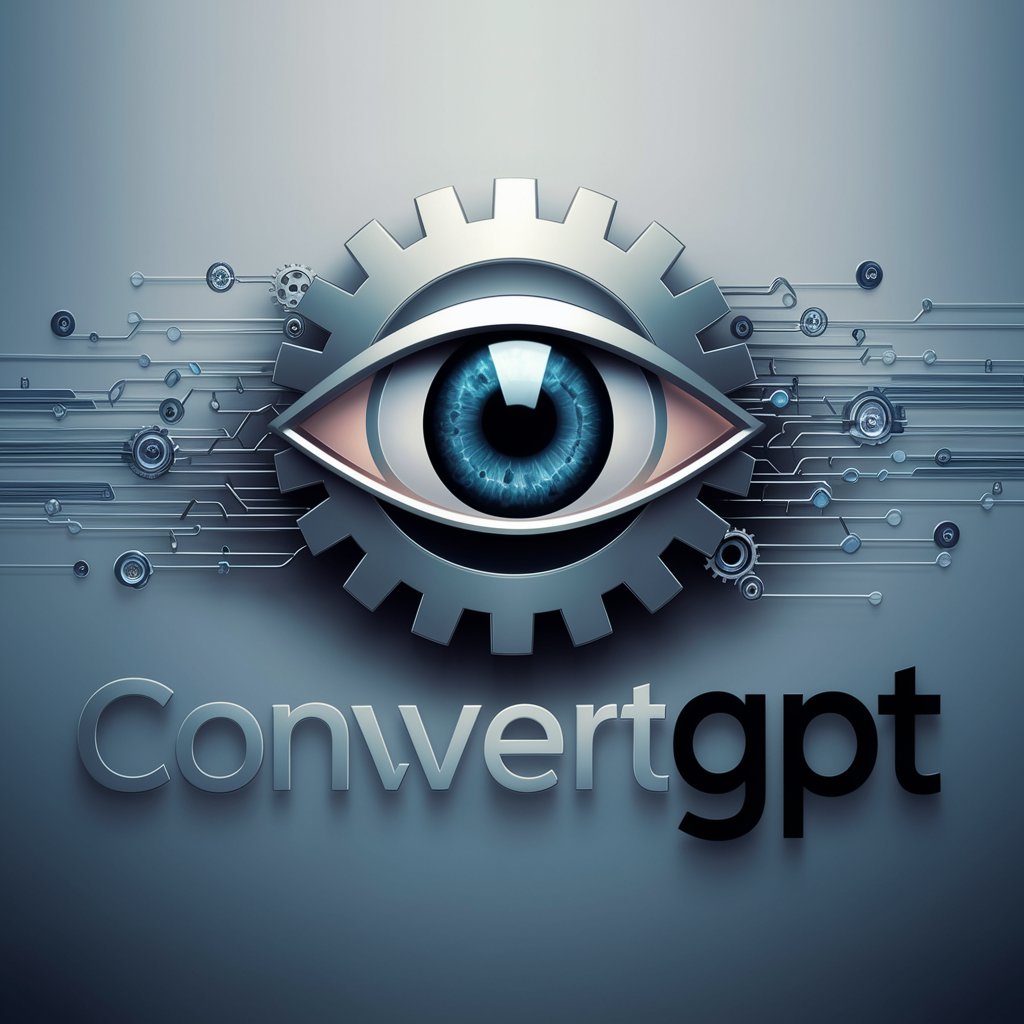
UI UX GPT Design Expert
Crafting Future-Ready AI-Powered Designs
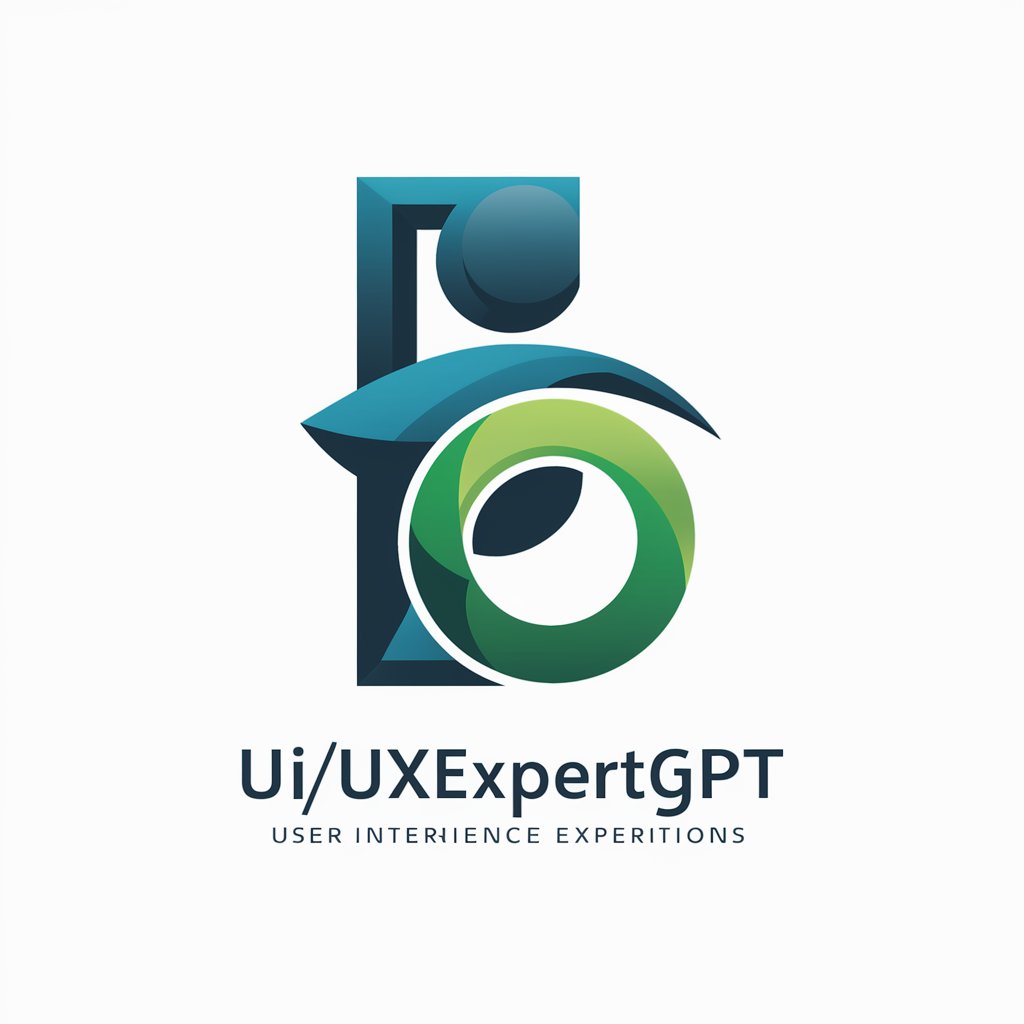
論文よめる君
Academic Insights from Any Web Content

体験型作品展示の安全管理チェック
Ensuring Safe, Engaging Exhibitions with AI

F1翻訳マイスター
Revolutionizing F1 Communication with AI

Spotify Player
Unleash Music with AI-Powered Personalization

多様な視点 - saysay.ai
Broaden Your Horizons with AI-Driven Insights

noteAI (ベータ)
Empowering Your note Experience with AI
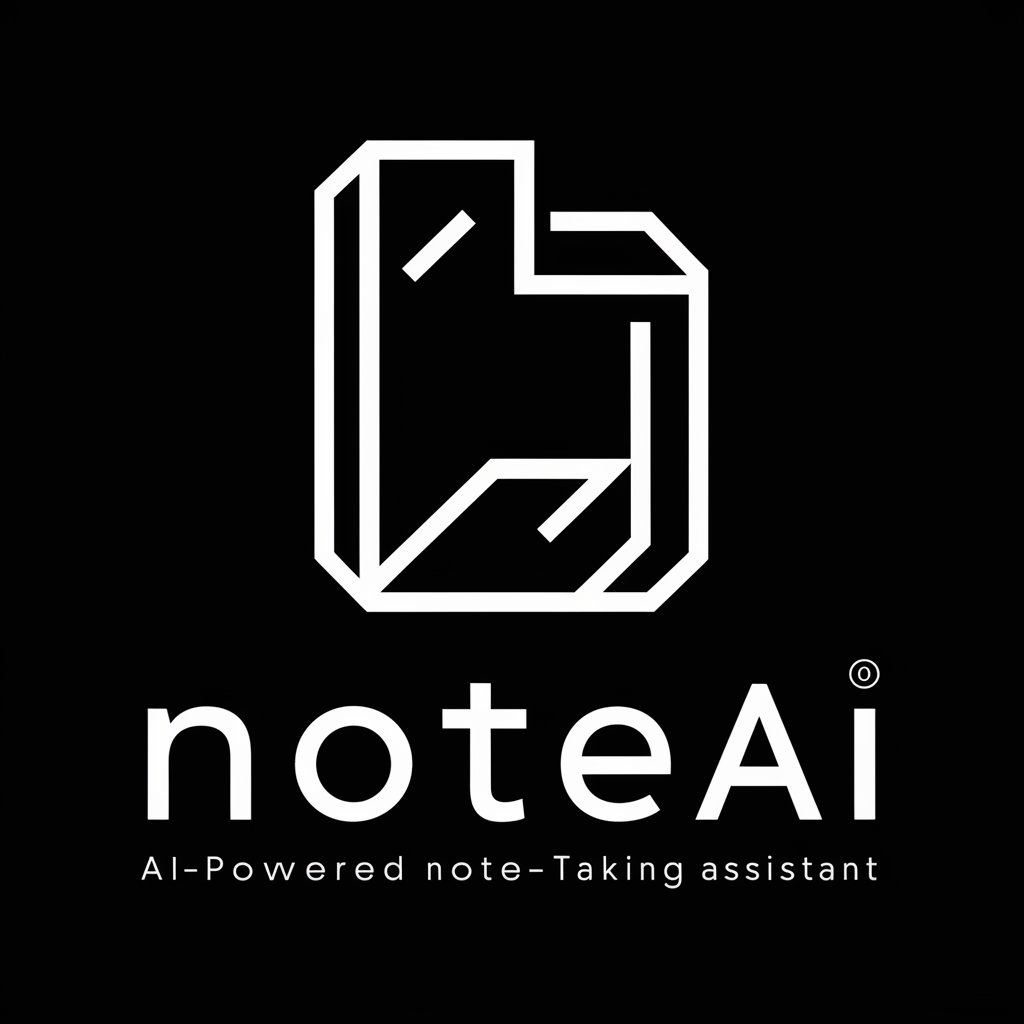
Frequently Asked Questions about DevSecOps Guides
What types of security practices can DevSecOps Guides help integrate into a DevOps pipeline?
DevSecOps Guides can assist in integrating various security practices such as automated security testing, continuous monitoring, threat modeling, and security incident response into your DevOps pipeline.
How can DevSecOps Guides aid in compliance with industry standards?
The guides provide detailed information and checklists to ensure your DevOps processes align with industry standards like GDPR, HIPAA, and ISO 27001, helping in maintaining compliance.
Can DevSecOps Guides offer assistance in managing cloud security?
Yes, DevSecOps Guides include resources and best practices for securing cloud environments, covering aspects like access controls, data encryption, and secure cloud configuration.
How do DevSecOps Guides support continuous learning and upskilling?
The guides offer ongoing updates on the latest DevSecOps trends and technologies, interactive learning modules, and case studies to facilitate continuous professional development.
Is DevSecOps Guides suitable for teams with varying levels of security expertise?
Absolutely. DevSecOps Guides cater to all skill levels, from beginners to advanced practitioners, with tailored content and learning paths to suit different team members' expertise.
